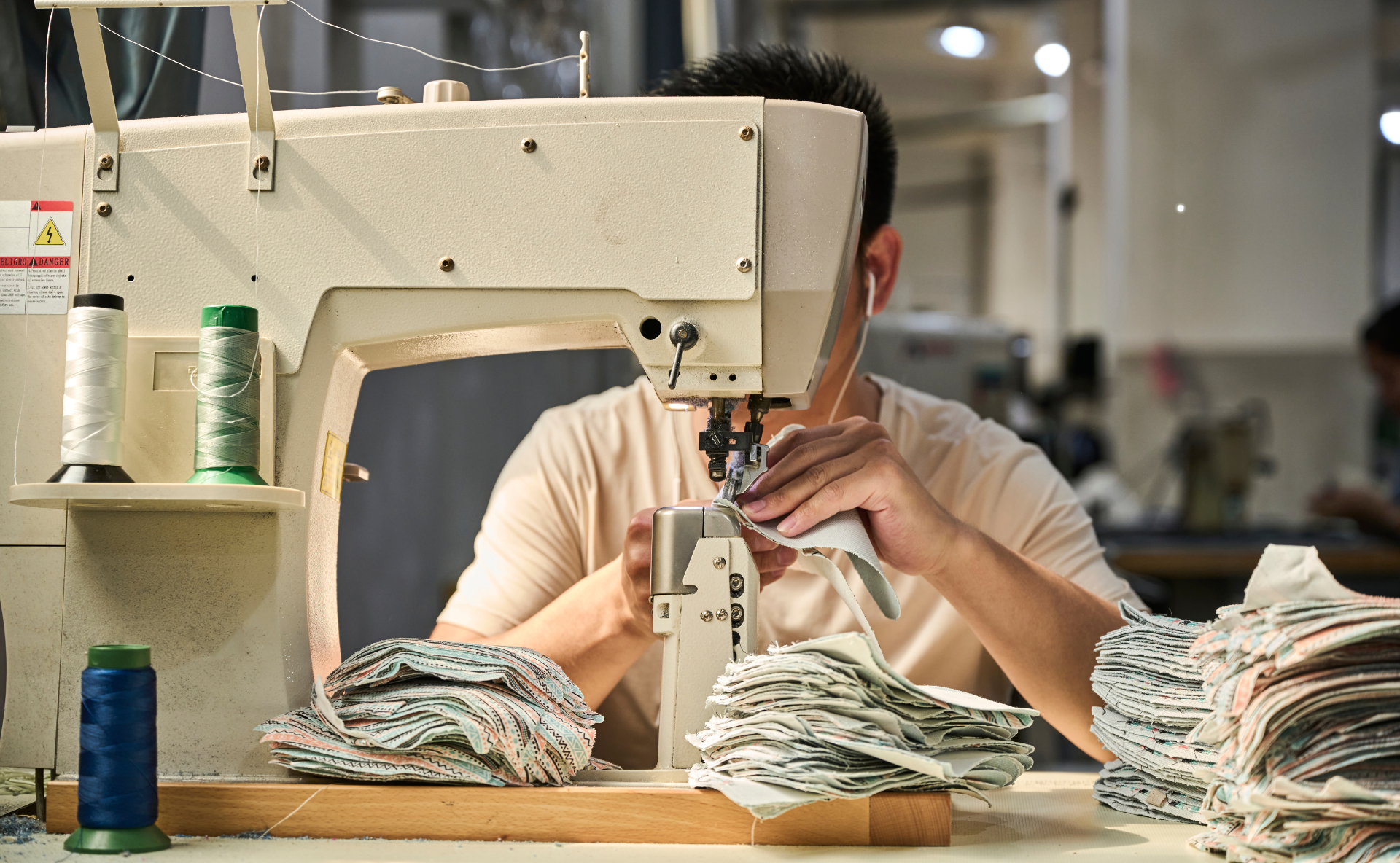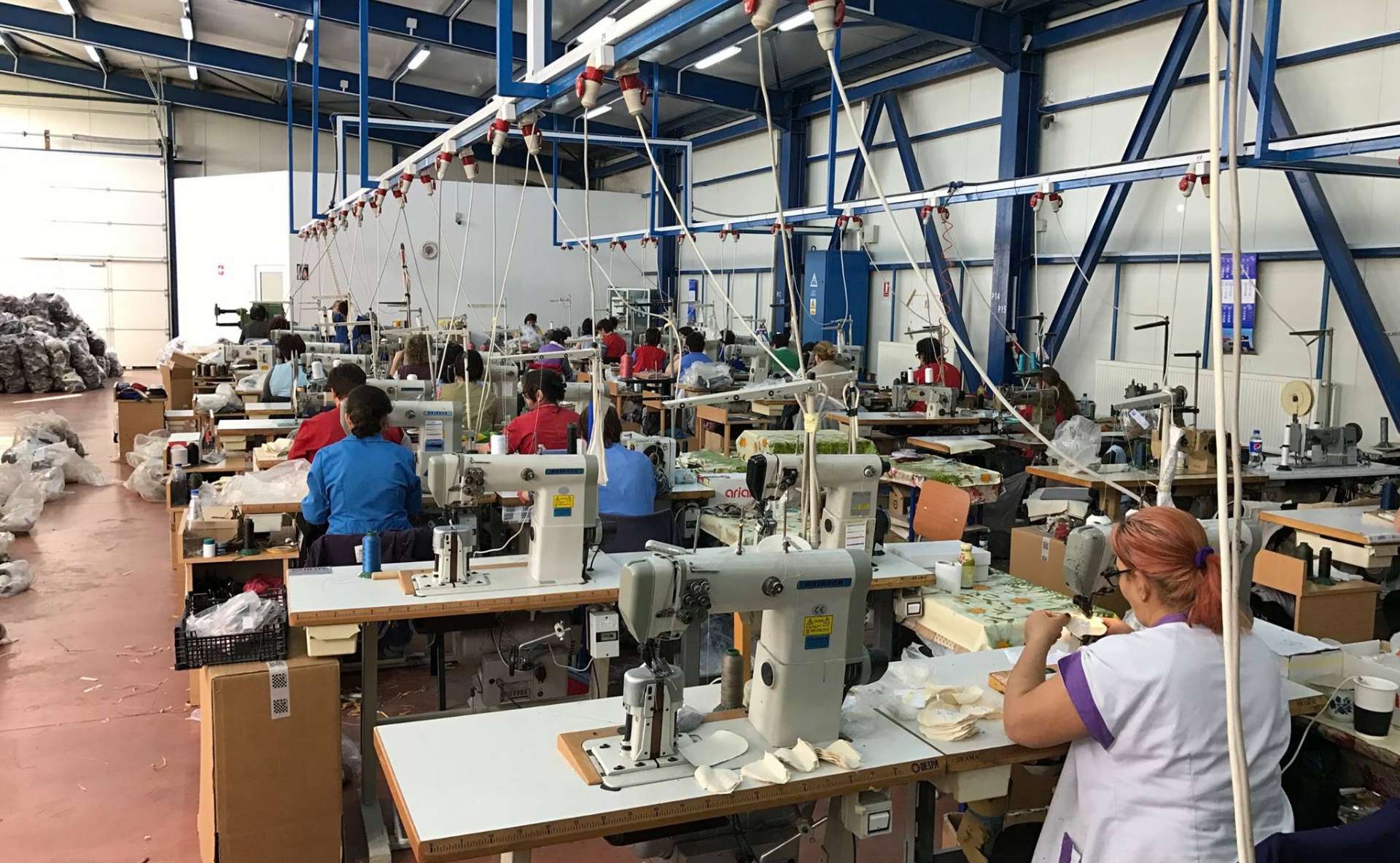Fast fashion is quite common nowadays - we buy clothes and shoes at low prices without thinking about who made them. But behind every product there is a story we should know. Are the conditions of those who make our shoes fair? And if not - what can we do to make a difference?
Fast fashion offers us the opportunity to get stylish pieces for a few pennies. But what happens on the other side of the world, where these shoes and clothes are made? Workers in sweatshops often work in appalling conditions for minimum wage. On the other side of the spectrum are factories in the European Union, with strict labour standards. The differences between these worlds are enormous.
Sweatshops: What They Are and How They Operate
You wake up in the morning, put on your favorite shoes, and head to work or school. You might not realize that somewhere on the other side of the world, there are people working under very harsh conditions right now to make the shoes you're wearing. For most of us, these conditions are hard to even imagine.
- Long and exhausting shifts: According to sources like Sustain Your Style, workers in sweatshops often work 14 to 16 hours a day, six or even seven days a week, without enough time to rest.
- Wages that are not enough to survive: Despite the hard work, their wages barely cover basic needs like food, housing, or healthcare.
- No access to basic necessities: Many workers don’t have access to drinking water, the chance to take a meal break, or even basic sanitary facilities.
- Work in dangerous conditions: Protective equipment is rare, leading to frequent injuries and accidents. Safety standards are minimal.
- Constant mental pressure: The relentless pressure to perform and the fear of being fired often lead to mental health issues, such as depression and anxiety.
- Child labor: Unfortunately, children also work in sweatshops, contributing to their family's income instead of going to school.
- No financial or health security: If workers get injured or sick, they are not entitled to any support. This can push them into even deeper poverty, as they cannot afford medical care or take time off.
- Trapped in poverty: Low wages and the lack of opportunities for better conditions keep workers and their families in a constant struggle with poverty, from which it is nearly impossible to escape.
Sweatshops are most widespread in Asia, particularly in countries with high unemployment and poverty, such as Bangladesh, Cambodia, Vietnam, India, and China. These conditions allow companies to hire workers at very low wages, which is significantly cheaper than in wealthier countries. Sweatshops are a product of globalization and the demand for cheap products in Western markets, where companies move production to countries with minimal regulations in order to maximize profits. Although they claim to be creating job opportunities, most of the profits remain with the corporations, while workers continue to live in poverty.

Source: Canva gallery
European Manufacturing as an Ethical Alternative to Sweatshops
Fortunately, there are other ways and places to produce goods that respect human dignity, support local economies, and offer high-quality products. Footwear manufacturing within the European Union is one such example.
- Protection of workers' rights: Footwear production in the EU is regulated by strict standards that ensure fair wages, safe working conditions, and social benefits such as health insurance and paid vacations.
- Quality and craftsmanship: Unlike mass production in sweatshops, the EU focuses on quality and craftsmanship. Shoes are made with care and attention to detail.
- Better working conditions: Workers in European factories have stable jobs and access to benefits like education, contributing to their satisfaction and higher productivity.
- Supporting local communities: Footwear production in the EU positively impacts local economies, supporting small businesses and regional development, unlike sweatshops, which often deplete local resources.
- Sustainability and ecology: European factories adhere to strict environmental standards and focus on innovation in sustainable materials, reducing their ecological footprint. Sweatshops, on the other hand, often use toxic substances that harm both the environment and people.
While European footwear manufacturing offers many advantages, there are also challenges that affect its sustainability and competitiveness. Even though European production seems like a better alternative, it’s not without criticism.
- Higher production costs: Manufacturing in the EU is more expensive due to higher wages, compliance with strict safety and environmental regulations, and the use of high-quality materials. This increases the final price of the products, which might deter some consumers.
- Competition with cheaper products: Although European shoes offer higher quality and ethical standards, the lower prices of products from Asia may be more attractive to many people.
- Need for consumer awareness: Many consumers don’t distinguish between shoes made in sweatshops and those produced in Europe. It’s important to raise awareness about working conditions and the environmental impact of manufacturing processes to help people make more responsible choices.
- Pressure to maintain standards: Cheaper labor and lower costs in other countries put pressure on European manufacturers to find ways to cut expenses, which could lead to compromises in quality or ethical standards.

Source: EUROFINA
As a Customer, Can I Make a Difference?
The answer is yes, but the path is challenging and requires patience. As customers, we have the power to influence the direction of the market. When we choose to support companies that prioritize ethical production and transparency, we can gradually help improve conditions for workers around the world.
- Support ethically made products: Choose products with certifications such as PETA Approved Vegan, Fair Trade, or OEKO-TEX, which ensure fair working conditions and environmental sustainability.
- Prioritize local producers: Buying from local artisans or smaller companies not only supports sustainability but also contributes to the development of your community and the preservation of traditional crafts.
- Shop responsibly: Invest in quality footwear that lasts longer rather than cheaper alternatives. This reduces consumption and supports companies that value ethics and sustainability. Support brands that communicate transparently and openly share where and under what conditions their products are made.
- Put pressure on brands: By choosing ethical and sustainable products, you send a message to companies that their customers prefer fair working conditions and environmental responsibility.
Where Bohempia Shoes are Made
Our barefoot shoes are made in Europe in collaboration with the family-owned company EUROFINA, named after the owner’s daughter Fiona. Since its founding in 2003, EUROFINA has grown and now produces footwear for over 35 brands worldwide.
EUROFINA focuses on sustainability and fair working conditions. The company holds ISO 9001, ISO 14001, and OHSAS 18001 certifications and achieved an impressive social score of 96% in audits. The entire production process is carefully monitored to ensure high quality and environmental friendliness. No materials harmful to people or the environment are used.
We’ll soon introduce EUROFINA up close in one of our upcoming articles.
For more information on this topic, visit these links:
.svg)